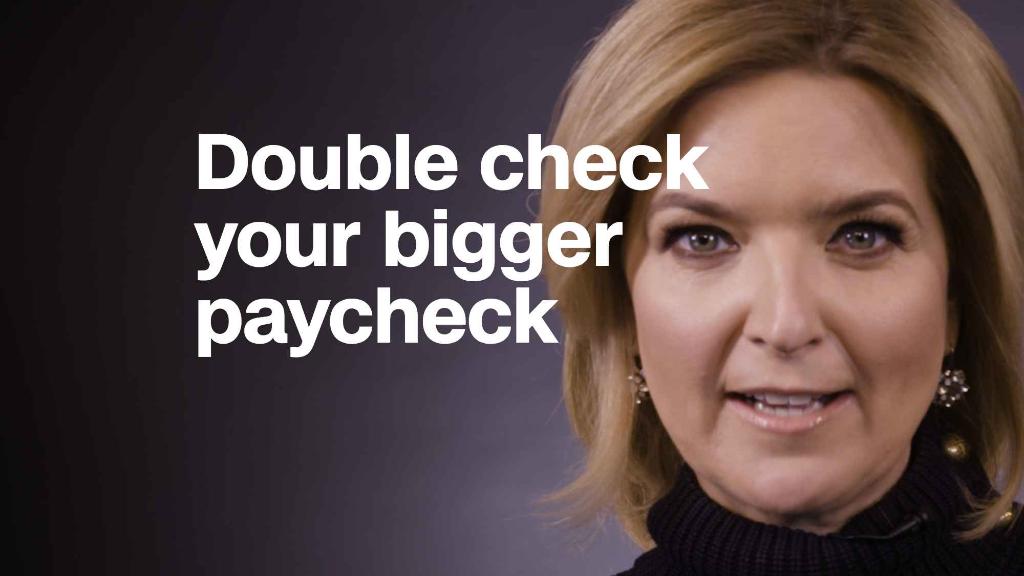
Relationships with money can be complicated.
Most of us worry about our finances, but on the spectrum of money worriers, some people ignore their financial problems, while others focus on them too much.
"Either people are avoiders and they stick their heads in the sand, or they are worriers and those tend to be the people who want all the detail, and over-plan and over-analyze everything," said Amy Mullen, a certified financial planner and vice president of Money Quotient.
To get your money back in balance, experts offered the following tips:
Identify your money story
We all have a money story. You just might not know how it started.
Much of how we interact, manage and talk about money stems from lessons we learned (intentional and unintentional) as a child.
How parents and other role models approached money rubs off on us and influences our money decisions as an adult. It's important to evaluate why we take a certain approach to saving, spending and investing.
"A lot of people aren't even aware of their beliefs and how their behaviors form, and when you are not aware of these automatic behaviors, you aren't really in a position to make a decision to change them," said Mullen.
Related: 5-minute moves to make you feel more financially secure
Set your goals
A major source of money anxiety stems from not having goals and a plan to achieve them.
Take the time to identify your goals — and get very specific, recommended Steve Martin, a certified financial planner and director at BKD Wealth Advisors
It's not enough to want to retire early. Calculate when you want to leave the workforce and how much savings you will need to fund your desired lifestyle.
"When you have a specific goal, now it's a math problem of how you can get from where you are now to where you want to go," he said.
Schedule a weekly 20-minute money date
Having a little face time with your money will help foster a stronger relationship.
Sit down every week for about 20 minutes to review your checking and savings accounts, credit card balances, check in on your budget, and make any changes to help improve your finances.
"Being able to see where you are can improve your finances and be realistic with changes," said Stephanie Genkin, a certified financial planner and founder of My Financial Planner.
Ignore the Joneses
When it comes to you and your money — three's a crowd.
"Don't compare yourself to others," said Martin. "When you do that, you are chasing goals that aren't your own and aren't tied to what is going to make you happy."
Related: How to get out of the overspending trap
Make small, but effective changes
Small changes can lead to big improvements with your financial security.
"Automate savings, even if it's a small amount to come out of your paycheck and right into a separate account," said Genkin. "Try to participate enough in your 401(k) to get an employer match to reduce your taxable income."
Reduce your dependency on plastic
Putting everything on your credit card can lead to overspending and a debt spiral.
But you don't need to cut credit cards completely out of your life.
"Remove all the credit card information you have saved online," suggested Genkin. "Take the numbers out to make it a little less convenient for you to spend."
